José Saramago
Birth : 1922-11-16, Azinhaga, Santarém, Portugal
Death : 2010-06-18
History
José de Sousa Saramago was a Portugese author and recipient of the 1998 Nobel Prize in Literature. His works, some of which can be seen as allegories, commonly present subversive perspectives on historic events, emphasizing the theopoetic human factor.

Novel
The dawn is strange, with a harbinger of change. The next morning, Maria receives a mysterious visitor that leaves José disturbed and will lead her to re-signify her own destiny.

Novel
Fernando Pessoa, one of the greatest writers in Portuguese, created an immense parallel world and several heteronyms so as to endure the loneliness of genius. José Saramago, 1998 Nobel Laureate in Literature, has a heteronym, Ricardo Reis, return to Portugal after a 16-year exile in Brazil. 1936 is a perilous year with Mussolini’s fascism, Hitler’s Nazism, Spain’s Civil War and Salazar’s New State in Portugal. And Fernando Pessoa meets his creation, Reis. Two women, Lídia and Marcenda, are Reis’ carnal and impossible passions. “Life and Death as one” allows for literature and cinema.

Writer

Himself - Writer (archive footage)
How Don Quixote de la Mancha, the immortal character created by Miguel de Cervantes in 1605, has been depicted in cinema, television, cartoons, theater, opera, ballet and other artistic disciplines. An adventure that began more than four hundred years ago in the pages of a book and is far from coming to an end…

Novel
A mild-mannered college professor discovers a look-alike actor and delves into the other man's private affairs.

Himself
Documentary about the life and work of the writer José Saramago, with particular emphasis on the historical context and the importance of his novel "Memorial do Convento", based on archival images and testimonies by several personalities.

Novel
Nuno is a man working at a hot dog stand, who also invented a machine which promises to revolutionize the shoe industry- a foot scanner. In the middle of a gasoline embargo and finding himself in a strange predicament, Nuno becomes mysteriously confined to his car, finding his life suddenly embargoed.
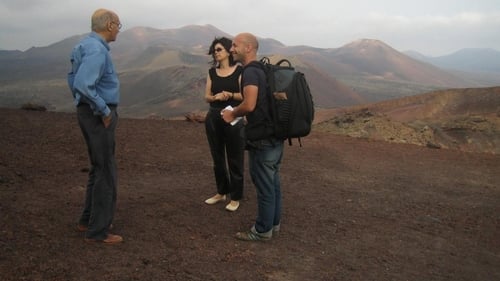
Self
A deeply moving story about love, loss and literature, this documentary follows the days of José Saramago, the Nobel-laureate Portuguese novelist, and his wife, Pilar del Río. The film shows their whirlwind life of international travel, his passion for completing his masterpiece "The Elephant's Journey", and how their love quietly sustains them throughout.
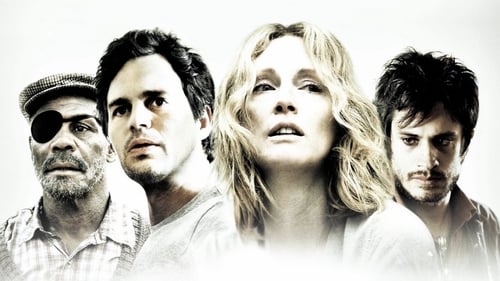
Novel
When a sudden plague of blindness devastates a city, a small group of the afflicted band together to triumphantly overcome the horrific conditions of their imposed quarantine.

Himself
José Saramago, the Portuguese writer awarded the Nobel Prize for Literature, is one of the greatest references in Portuguese literature. In this documentary, with the title of one of his most emblematic works, we are taken to cover part of his life.

The film deals with the process of globalization based on the thought of geographer Milton Santos, who through his ideas and practices, inspires the debate about Brazilian society and the construction of a new world. Santos discusses his views on the importance of respecting difference and his belief that an alternative globalisation model could wholly enfranchise all citizens of the world. An illustrious presence in 20th century social sciences, the man dubbed as ‘geography’s philosopher’ eloquently elucidates a developing world perspective on the global age.

Himself
A young writer moves to a new town on 21 December 2007. Among the moving boxes is a disc containing his father's legacy. One of these disks is the Cantata Santa Maria de Iquique Luis Advis Quilapayun interpreted by the group. The Cantata heard as a group of different personalities from the world of culture are telling us, tell us, "what history will not remember" their experiences, their impressions.

Narrator
Reflections on childhood, individualism and existentialism in the form of visual poetry.

Novel
Reflections on childhood, individualism and existentialism in the form of visual poetry.
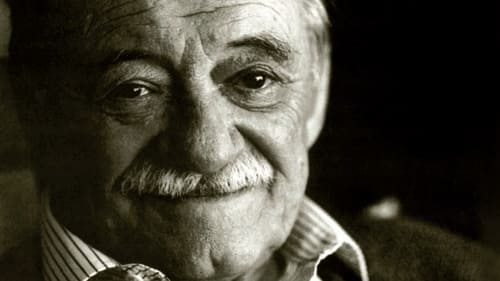
Self
The documentary looks in the life and work of Mario Benedetti, especially in his poetic work, the keys to an illustrious Montevideo. A man who has had to live several exiles and has received all the awards that this world can give. But above all, the affection of an unconditional, massive and faithful audience that follows him everywhere and pampers him every day with their applause and reading. A sad childhood, a youth full of work and reading, and a maturity full of commitments marked Benedetti. His work testifies the history, that which only artists can tell.
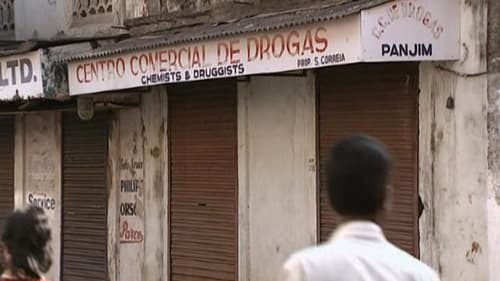
Documentary about the Portuguese language, and people who speak it around the world.

Novel
An inexplicable crack in the Pyrenees Mountains provokes excitement and scientific curiosity. As the geological fracture deepens and widens, the European community begins to disassociate itself from the calamity, and panic ensues among tourists and residents attempting to escape. When Spain and Portugal physically separate from the continent, the detached Iberian peninsula aimlessly floats off to sea, becoming home to a group of god-like humans.
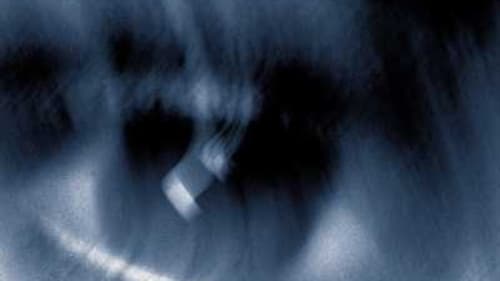
Self
Nineteen people with differing degrees of visual impairment – from mild nearsightedness to total blindness – discuss how they see themselves, how they see others and how they perceive the world. Unusual images, of burning trees or empty deserts, link the interviews, which vary from deep to funny to poetic.

Himself
About the Portuguese author José Saramago, based on a long interview with the writer at his home on the island of Lanzarote, in which he analyzes his work and shares his reflection on some aspects of his personal life.










